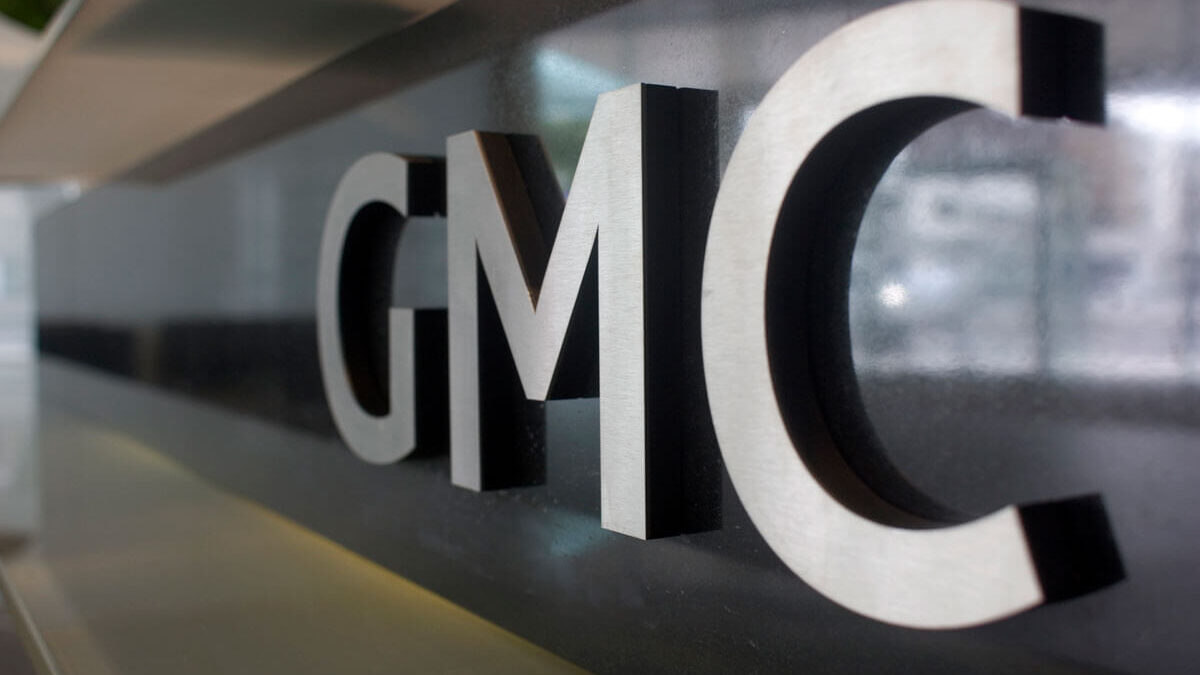

https://www.probityandethics.com/product/module-on-reflection/HELPING WITH GMC INVESTIGATION – UNDERSTANDING THE GMC APPEALS PROCESS: A COMPREHENSIVE GUIDE FOR DOCTORS
Helping with GMC cases with Ethics and Professionalism training and courses. The General Medical Council (GMC) plays a crucial role in regulating the medical profession in the UK. When doctors face adverse GMC decisions concerning their registration, licence to practise, revalidation, or fitness to practise, they have the right to appeal. Navigating this GMC appeals process can be complex, but it is crucial for doctors who wish to protect their careers and professional standing. In this guide, we will explore the GMC appeals process, highlight key areas for appeals, and discuss the importance of legal representation. This writing will help with GMC cases and investigations, particularly helping with GMC investigation cases where doctors need guidance.
Doctors can appeal a variety of General Medical Council decisions that affect their professional standing. These decisions are handled by the GMC’s Appeals Panel, which is distinct from the courts that handle Medical Practitioner’s Tribunal appeals. Helping with GMC investigation involves understanding the different types of decisions that doctors may want to challenge, such as:
A GMC registration appeal can be made if the GMC refuses to grant provisional or full registration or if there is a failure to make a decision within the required timeframe. In some cases, a doctor’s name may be erased from the medical register due to fraud, error, or a failure to provide necessary fitness-to-practise information, all of which are grounds for appeal.
Doctors whose licence to practise is withdrawn can appeal if they believe the decision was unjust. Common reasons for licence withdrawal include failure to comply with GMC guidance, failure to provide necessary evidence to the Registrar, or fraudulent submission of information. Additionally, doctors who fail to comply with revalidation requirements may face GMC revalidation appeals to challenge the withdrawal of their licence.
If a doctor’s licence has been revoked and they are denied restoration, they have the right to a GMC licence restoration appeal. This can occur if the GMC refuses restoration due to missing or incorrect information, non-compliance with revalidation requirements, or fraudulent evidence in the application process.
Doctors who are refused entry into the Specialist or GP register can also appeal. This may involve appealing against the length of additional training required or against the denial of a specific sub-specialty. In some cases, if the GMC fails to notify a doctor of a decision within the required timeframe, the doctor can file a GMC Specialist or GP registration appeal to resolve the delay.
A common reason for licence refusal involves the doctor’s knowledge of English. If the GMC determines that a doctor does not have sufficient language skills to practise safely, the doctor can appeal this decision under the GMC refusal to grant a licence category.
Appealing a GMC decision involves several important steps. When the GMC issues a decision, the doctor is notified in writing. The notice includes the decision, the reasons for the decision, and information about the doctor’s right to appeal. Helping with GMC investigation during this process can be vital, as doctors often need to present evidence, call witnesses, and challenge the evidence provided by the GMC.
Navigating the GMC appeals process can be daunting, particularly given the legal and procedural complexities involved. The GMC advises doctors to seek legal representation as early as possible, and for good reason. Having professional legal support can significantly improve the chances of success in a GMC appeal. Without legal assistance, doctors must handle the entire process, including questioning witnesses and challenging the GMC’s evidence, on their own.
The appeals process has strict procedural rules that must be followed. For instance, appellants must submit their appeal documents within specific timescales set by the GMC. Failure to adhere to these rules can result in the appeal being dismissed. Additionally, every part of the GMC appeal process must be lodged correctly and on time, or the case may be struck out for non-compliance. Helping with GMC investigation includes ensuring that all necessary documents are submitted properly and within the required timelines.
Doctors should also be aware that there are potential financial consequences to the appeal process. If a doctor wins their appeal, they may be awarded costs related to bringing the case. However, if the General Medical Council successfully defends the appeal, the doctor may be liable to cover the costs of the GMC’s defence. This is why seeking early legal advice is so important before proceeding with an appeal.
Beyond appeals against GMC decisions, there are several related issues that doctors may face. These include:
The GMC appeals process is an essential pathway for doctors who wish to challenge decisions that may negatively impact their careers. Whether facing a GMC registration appeal, a licence to practise withdrawal, or any other adverse decision, understanding the process and seeking timely legal representation can make a substantial difference. Given the complexity and strict requirements of the appeal process, doctors should take care to adhere to procedural rules and consider the potential costs involved.
In any case where a doctor’s professional future is at stake, engaging with legal experts who specialise in GMC appeals will ensure that they are properly guided through the appeal and increase their chances of a favourable outcome.
© Copyright 2025 Probity & Ethics. All Rights Reserved.